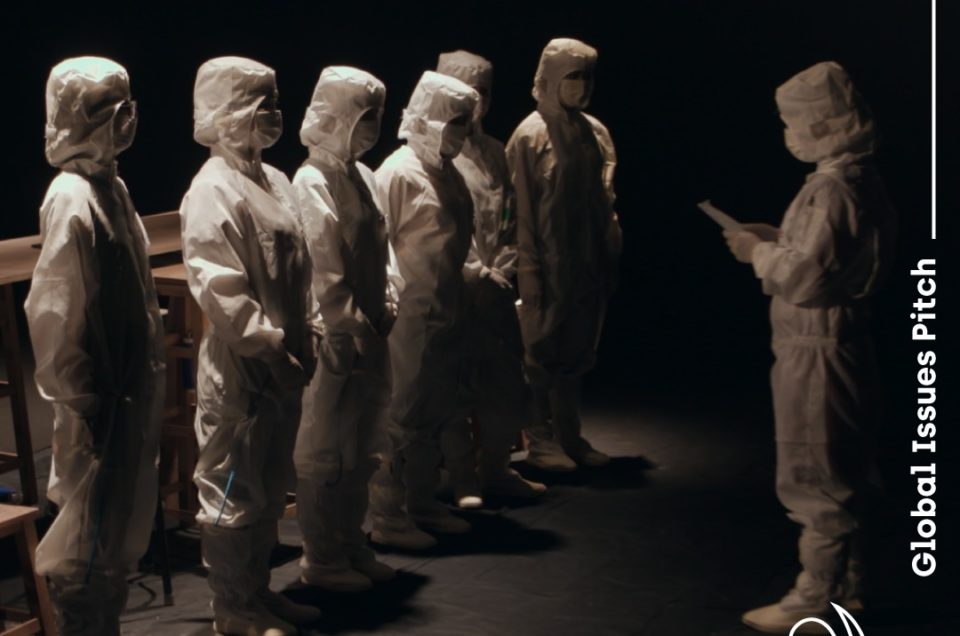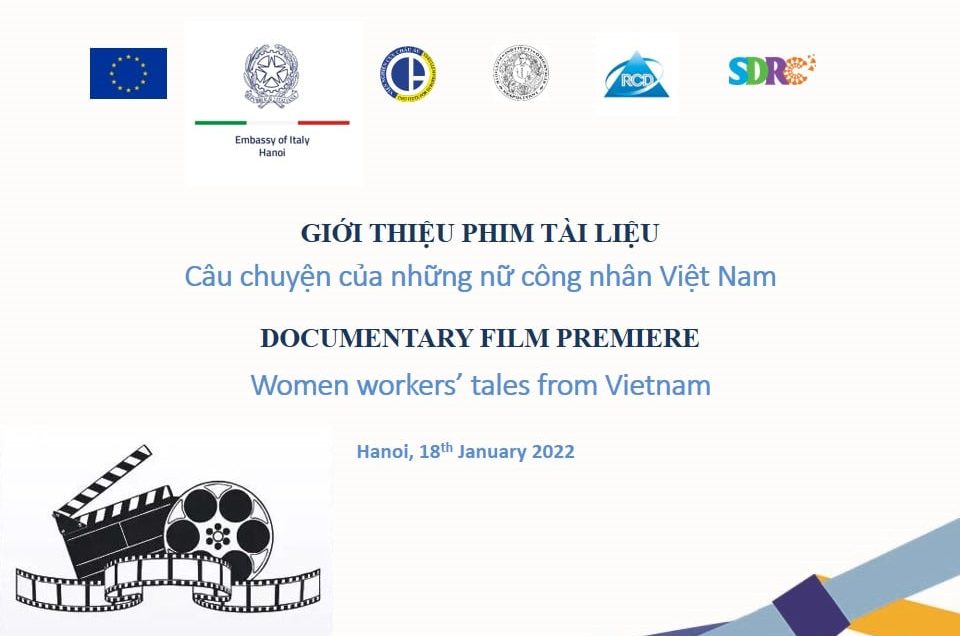An amazing fieldwork with Michela Cerimele in Vietnam funded by SEATIDE:

Cerimele, Michela
University of Milano-Bicocca (UNIMIB)
Italy
michela.cerimele@googlemail.com
Brief bio :
Michela Cerimele is lecturer in Global Governance and Human Rights at LinkCampus University, Rome, and Research Fellow at the Department of Humanities and Social Sciences, University of Naples ‘L’Orientale’. Since 2009 she has been researcher for a EU-funded project on workers and trade unions in Vietnam and coordinated fieldwork research on migrant workers’ working and living conditions in Vietnamese industrial parks. Michela has recently collaborated with UNDP Asia-Pacific to the writing of the latest ECOSOC-ADB-UNDP Report on MDGs in the Asia-Pacific Region and has previously taught for several years at the University of Rome ‘La Sapienza’. She graduated in Political Sciences from ‘L’Orientale’, Naples, where she also obtained her PhD in Geography of Development; she earned her MSc in Development Studies at SOAS, London.
Individual Project :
Migrant Workers’ Working and Living Conditions in Vietnamese industrial parks
Michela Cerimele is researching the main socio-economic and institutional factors that underpin the integration of Vietnamese migrant workers into the country’s industrial parks and that help to determine the characteristics of wages and workers’ working and living conditions in specific sectors such as electronics. She has now closed a first round of qualitative fieldwork research at the dormitories of migrant workers employed at Thang Long Industrial Park, Hanoi. Throughout this research she detailed how a series of devices, both within and outside the factory, including a specific spatial engineering, are parts of a coherent whole that keeps wages systematically low and that makes this workforce structurally vulnerable and transient.
Challenging the prevailing neoliberal discourse on the ‘labour-poverty nexus’ in Vietnam is the second area of concentration of Michela’s work. Light is shed on some major flaws in the conventional understanding of poverty as inclusion within (neoliberal) market mechanisms, and of ‘formal’ industrial work – to be spurred mainly through foreign investment – as a major driver of the elimination of poverty. What is normally labelled inclusion (within market mechanisms) actually produces socio-economic exclusion, i.e. vulnerability, poverty, marginalization, in-fact ‘informality’, even in those ‘formal’, highly globalized sectors of the economy, where the better-off workers are supposedly found.
Michela Cerimele is researching the main socio-economic and institutional factors that underpin the integration of Vietnamese migrant workers into the country’s industrial parks and that help to determine the characteristics of wages and workers’ working and living conditions in specific sectors such as electronics. She has now closed a first round of qualitative fieldwork research at the dormitories of migrant workers employed at Thang Long Industrial Park, Hanoi. Throughout this research she detailed how a series of devices, both within and outside the factory, including a specific spatial engineering, are parts of a coherent whole that keeps wages systematically low and that makes this workforce structurally vulnerable and transient.
Challenging the prevailing neoliberal discourse on the ‘labour-poverty nexus’ in Vietnam is the second area of concentration of Michela’s work. Light is shed on some major flaws in the conventional understanding of poverty as inclusion within (neoliberal) market mechanisms, and of ‘formal’ industrial work – to be spurred mainly through foreign investment – as a major driver of the elimination of poverty. What is normally labelled inclusion (within market mechanisms) actually produces socio-economic exclusion, i.e. vulnerability, poverty, marginalization, in-fact ‘informality’, even in those ‘formal’, highly globalized sectors of the economy, where the better-off workers are supposedly found.

Workers’ dormitories nearby Thang Long Industrial Park, Hanoi, Vietnam; Parsifal Reparato






Leave a reply